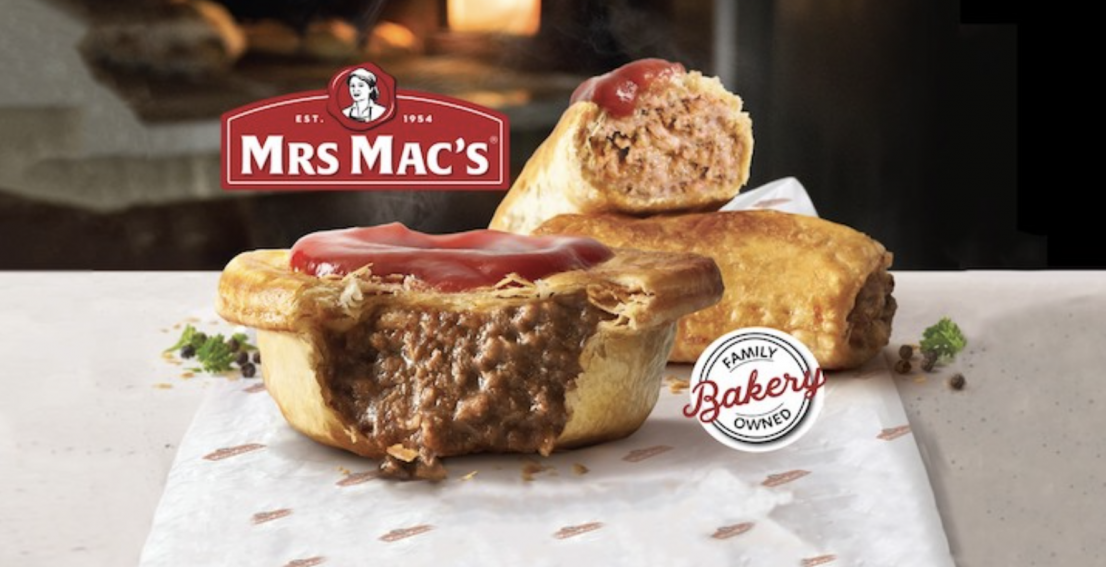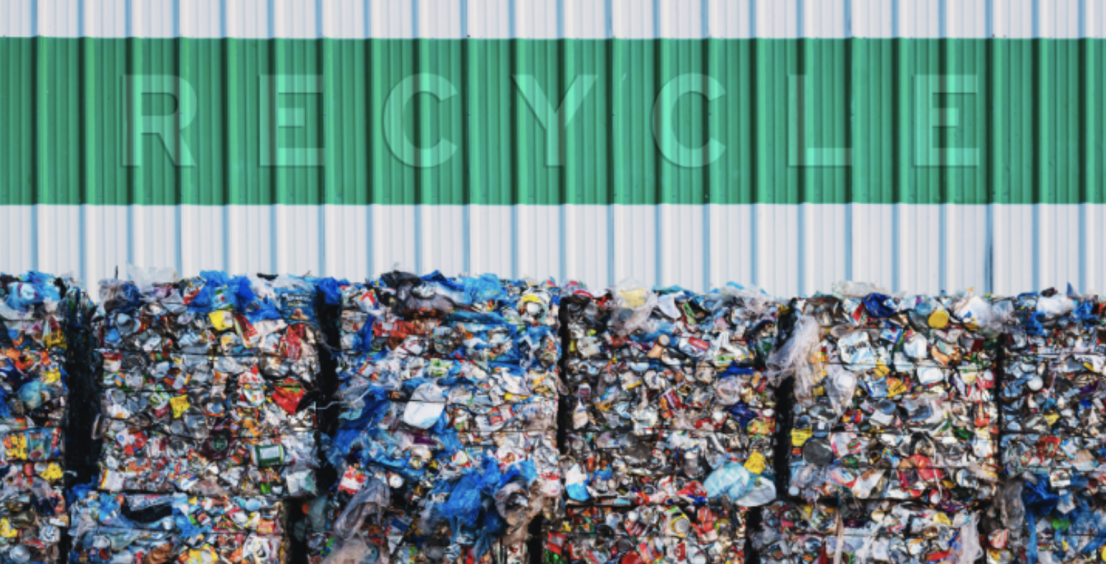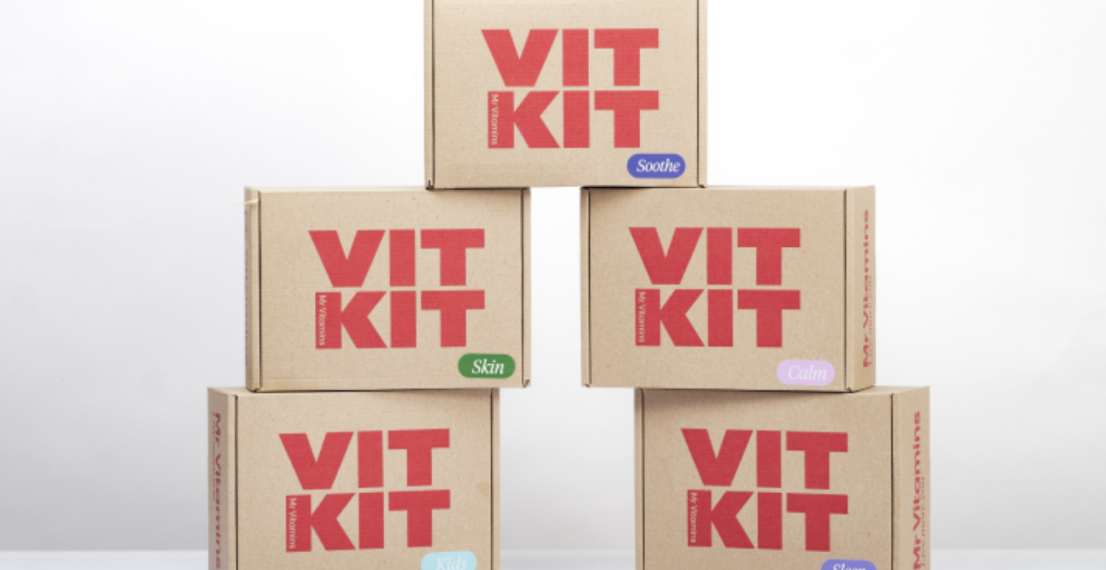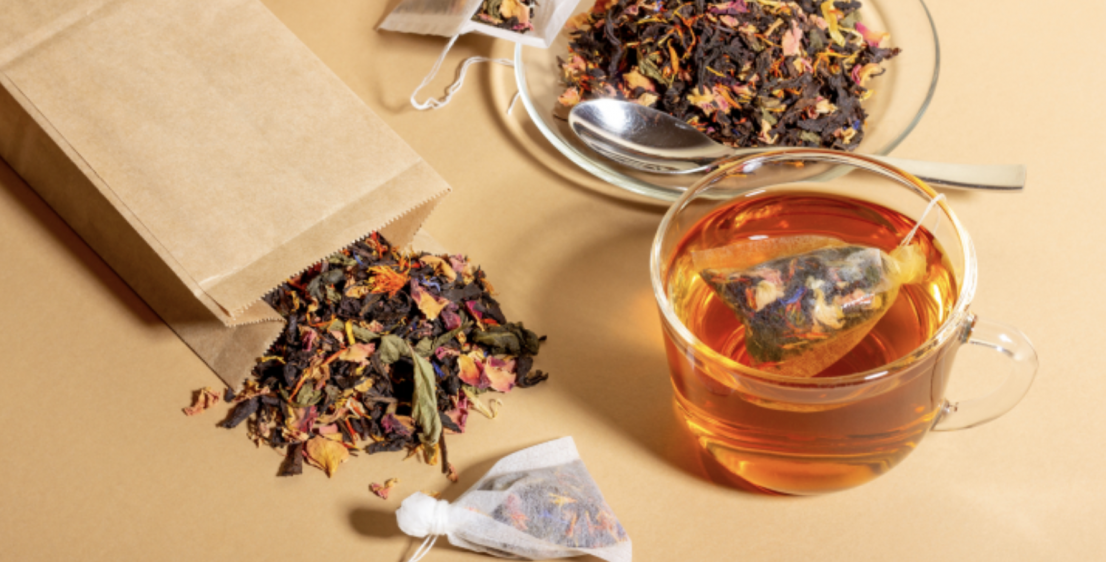
The maker of Dove toiletries and Streets ice creams will allow 500 Australian employees to work shorter weeks after a pilot found staff could be just as productive in four days as five by removing low-value tasks such as meetings and emails.
Unilever Australia will test a four-day workweek for at least 12 months from November 14, and will base its trial on the 100:80:100 model, whereby employees retain 100 per cent of their pay but reduce their hours to 80 per cent, provided they maintain 100 per cent productivity.
All staff except for factory employees covered by existing enterprise bargaining agreements will take part in the trial, which comes after Unilever achieved good results with a four-day workweek experiment in New Zealand.
University of Technology Business School monitored the trial across the ditch. Based on three company-wide online surveys and 57 in-depth interviews between December 1, 2020 and June 30, 2022, it found that staff were less stressed, more productive and more committed to the organisation after the introduction of reduced working hours.
Staff took 34 per cent fewer sick days in 2021 than in 2020. And across the full 18-month trial period, stress fell by 33 per cent, work-life conflicts dropped by 67 per cent, and feelings of strength and vigour at work increased by 15 per cent.
The experiment, which covered about 80 employees in New Zealand and has since been extended, also allowed for strong results against the company’s business objectives. Targets for overheads, market-winning share and sales and revenue growth were either met or exceeded.
The vast majority of employees embraced the change, with 72.8 per cent saying they were frequently sticking to reduced hours, and 88.5 per cent describing the trial as a positive experience.
Fewer emails, fewer meetings
Anish Singh, the head of HR for Unilever Australia and New Zealand, told The Australian Financial Review that moving to a four-day workweek was about giving staff greater autonomy as well as the opportunity to try different ways of working.
He said he hoped a shorter workweek in Australia would lead to happier and healthier employees at the same level of productivity – or even higher.
Key to the trial’s success in New Zealand, he said, was prioritising some tasks while eliminating those that added little or no value.
As a result, the company reduced the average time employees spent in meetings by 3½ hours per week, slashed the number of emails sent and adopted technology such as Microsoft Teams for video calls.
Bronwen Dalton, head of the department of management at UTS Business School, said one of the two big takeaways from the New Zealand trial was that companies had to change the way they worked for a four-day week to be successful.
“[You need] fewer emails, fewer meetings, less time on the phone and other distractions, and [you need to adopt] a practice of deeper work,” she said.
The second major takeaway was that companies should not make a four-day workweek compulsory for all staff, as this takes away the extra autonomy typically given to employees when moving to a work practice focused on outcomes rather than the number of hours worked.
Asked whether the study’s findings were reliable given they were based on surveys, Professor Dalton said the research would be subject to a peer review and used well-established academic techniques, known as “verifiable academic instruments”, to compensate for biases.
She added that employees were likely honest about their experiences, as the surveys were conducted by UTS rather than Unilever, and the university made the data it collected anonymous before sharing it with the company.
A six-month pilot program run by 4 Day Week Global that covered 73 organisations in Britain has also shown positive results for the four-day workweek.
At the UK program’s halfway point, companies were sent questionnaires to capture their experience. Of the 41 companies that responded, 88 per cent said the shorter week was working “well”; 46 per cent said productivity had stayed the same; 34 per cent said it had “improved slightly”; and 15 per cent said it had “improved significantly”.










